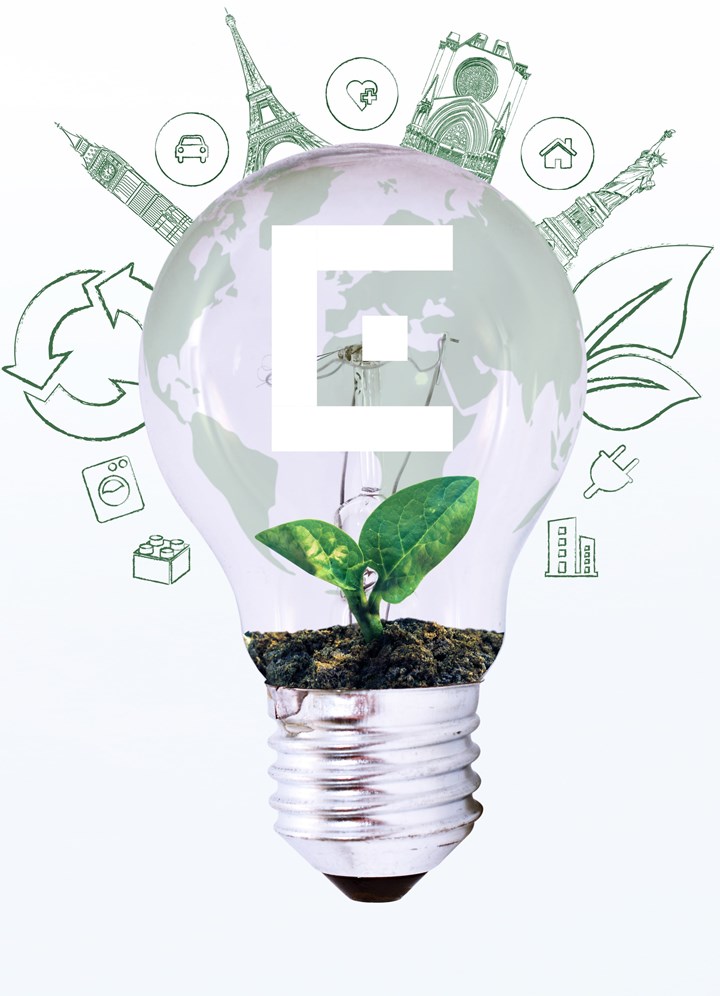Elix Polymers and Repsol Forge Circular Economy Styrenic Partnership
Styrenics compounder Elix Polymers and oil & gas company Repsol agree to incorporate chemically-recycled styrene into the production of ABS/SAN, in compliance with the ISCC PLUS certification.
A circular economy partnership has been forged between Spain’s styrenics compounder Elix Polymers (Weston, Fla.) and oil and gas company Repsol (U.S. office in The Woodlands, Texas). Both companies are members of the Styrenics Circular Solutions (SCS), the joint industry initiative to increase the circularity of styrenic polymers. The agreement between Elix, a leading European manufacturer of ABS, SAN and unique blends and Repsol will make it possible to implement a collaborative framework for a circular economy that includes the commitment to supply ISCC PLUS-certified chemically recycled styrene on a regular basis starting in 2021.
At the end of 2019 Repsol obtained the ISCC PLUS certification for all its production centers of polyolefin and other circular petrochemical products, including recycled styrene. This certification allows Repsol to guarantee the traceability of the waste used in order to offer products to its customers made from recycled material for applications with strict cleanliness and safety standards. These recycled products are obtained from the chemical recycling of post-consumer plastic waste that is not suitable for mechanical recycling.

In addition to the regular supply of certified recycled styrene, the agreement includes the possibility of developing joint projects within the scope of the circular economy for developing more sustainable solutions that can be used in applications with strict standards and requirements, such as toys, small household appliances, external and internal automotive parts, or medical devices.
As part of its sustainability strategy, Elix Polymers—which is also a member of the European PLAST2BCLEANED project for the implementation and feasibility of an electro-electronic waste recycling system--is currently developing high-end sustainable solutions for its customers. As such, the company is establishing partnerships with raw material suppliers that allow it to integrate increasingly more renewable raw materials into its products, in addition to high-quality, mechanically-recycled ABS and monomers from chemical recycling. The ultimate objective is to reduce its ecological footprint and contribute to establishing new standards for the plastics industry.
Meanwhile, Repsol’s presence in the United States includes exploration and production assets in the Gulf of Mexico, the Marcellus Shale in Pennsylvania, the Eagle Ford Shale in South Texas, the North Slope in Alaska and the Trenton-Black River in New York.
Related Content
-
How to Extrusion Blow Mold PHA/PLA Blends
You need to pay attention to the inherent characteristics of biopolymers PHA/PLA materials when setting process parameters to realize better and more consistent outcomes.
-
Breaking News From NPE2024
Here is a firsthand report of news in injection molding, extrusion, blow molding and recycling not previously covered.
-
How to Optimize Color Evaluation of Recycled Plastics
The right color measurement instrument and good working methods will minimize variability in color evaluation of PCR.






